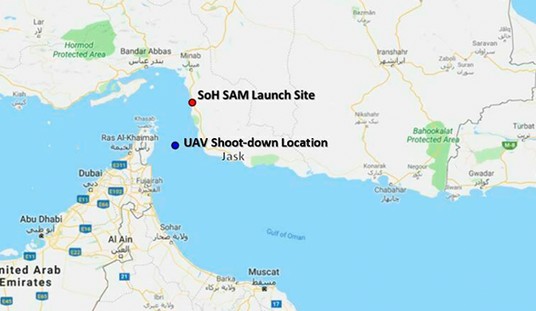It’s not the first human trials for a COVID-19 vaccine, but it might be the best financed. Pharmaceutical giant Johnson & Johnson announced this morning that it has a vaccine candidate that will go into human trials in September. The company said they foresee an emergency authorization by early next year, when some health experts expect to see a new wave of infections and deaths:
Johnson & Johnson (JNJ.N) plans to start human testing of its experimental coronavirus vaccine by September and make it ready for emergency use in early 2021, the drugmaker said on Monday.
J&J also committed more than $1 billion of investment along with U.S. agency Biomedical Advanced Research and Development Authority (BARDA) to co-fund vaccine research, expanding a previous collaboration. …
J&J said in January it had begun working on a possible vaccine for the coronavirus, using the same technologies used to make its experimental Ebola vaccine.
This won’t be the first human trial of a vaccine. The National Institute of Health worked with Biotech to produce a vaccine candidate early on, and clinical trials with human subjects began two weeks ago. That vaccine was experimental in another way; it didn’t actually contain the COVID-19 virus itself. Inovio Pharmaceuticals planned trials for its candidate next month with “a few dozen volunteers” in Pennsylvania and Kansas City, and plenty of other laboratories are rushing to find a vaccine, too.
What makes Johnson & Johnson different? For one thing, J&J just got a $456 million contract from the federal government to generate a vaccine and begin mass production as soon as possible. Their production capability vaults them to the top of the heap if and when a vaccine is developed, assuming they’re the ones who find it. Or maybe not even that restriction applies:
The Trump administration is spending nearly half a billion dollars on one company in the race to find a coronavirus vaccine.
That’s according to a $456 million order with Johnson & Johnson’s Pharmaceuticals arm Janssen, which specified a “new vaccine asset for 2019 Novel Coronavirus (COVID-19),” Forbes found. It’s the largest reported amount spent on a vaccine project to date, even though the pharma giant hasn’t yet started any clinical trials as other firms have.
The deal was signed with the Health and Human Services Office of the Assistant Secretary for Preparedness and Response (ASPR) on March 27, 2020. It followed another order, made as part of the same contract with Janssen, for $150 million on March 20, 2020, for a “new antiviral” for COVID-19.
A spokesperson from Johnson & Johnson didn’t provide any more details on the specific order, but confirmed the $456 million award related to a collaboration with ASPR’s Biomedical Advanced Research and Development Authority (BARDA), as announced in February. That work was built on previous contracts for developing countermeasures for other influenzas. The value of the coronavirus-specific work hadn’t previously been revealed and is the largest known contract for a coronavirus vaccine to date.
That would seem to signal that the J&J effort is more serious than the others. It could also mean that the Trump administration is making a down payment on their manufacturing capacity. The Defense Production Act, which has achieved a curious popularity over the last couple of weeks, could be used to order manufacturers to produce the best vaccine regardless of who develops it, and regardless of where the profits (if any) go, at least initially. As soon as an effective vaccine is confirmed, the White House is likely to go all-out in producing it, eclipsing everyone else’s efforts, at least for the short run. If that’s worrying Johnson & Johnson at all, their announcement does a good job of hiding it. Hopefully one of these efforts will pay off sooner rather than later.
It does prompt a question, however: just how flexible does the FDA plan to get about its normal approval procedures? Last night’s emergency approval of chloroquine in two different forms for COVID-19 treatment was an easy call; the medicines are already in use and their safety within prescription parameters is well established. A vaccine is another issue entirely, especially in an era where more and more people tend to look at vaccines in general with more skepticism. Any effective vaccine will need to go out far, wide, and fast to prevent another round of economic catastrophe and excess deaths, but the FDA isn’t built for that kind of response — yet. An emergency authorization for “early 2021” seems more hopeful than developing an effective vaccine does.








Join the conversation as a VIP Member